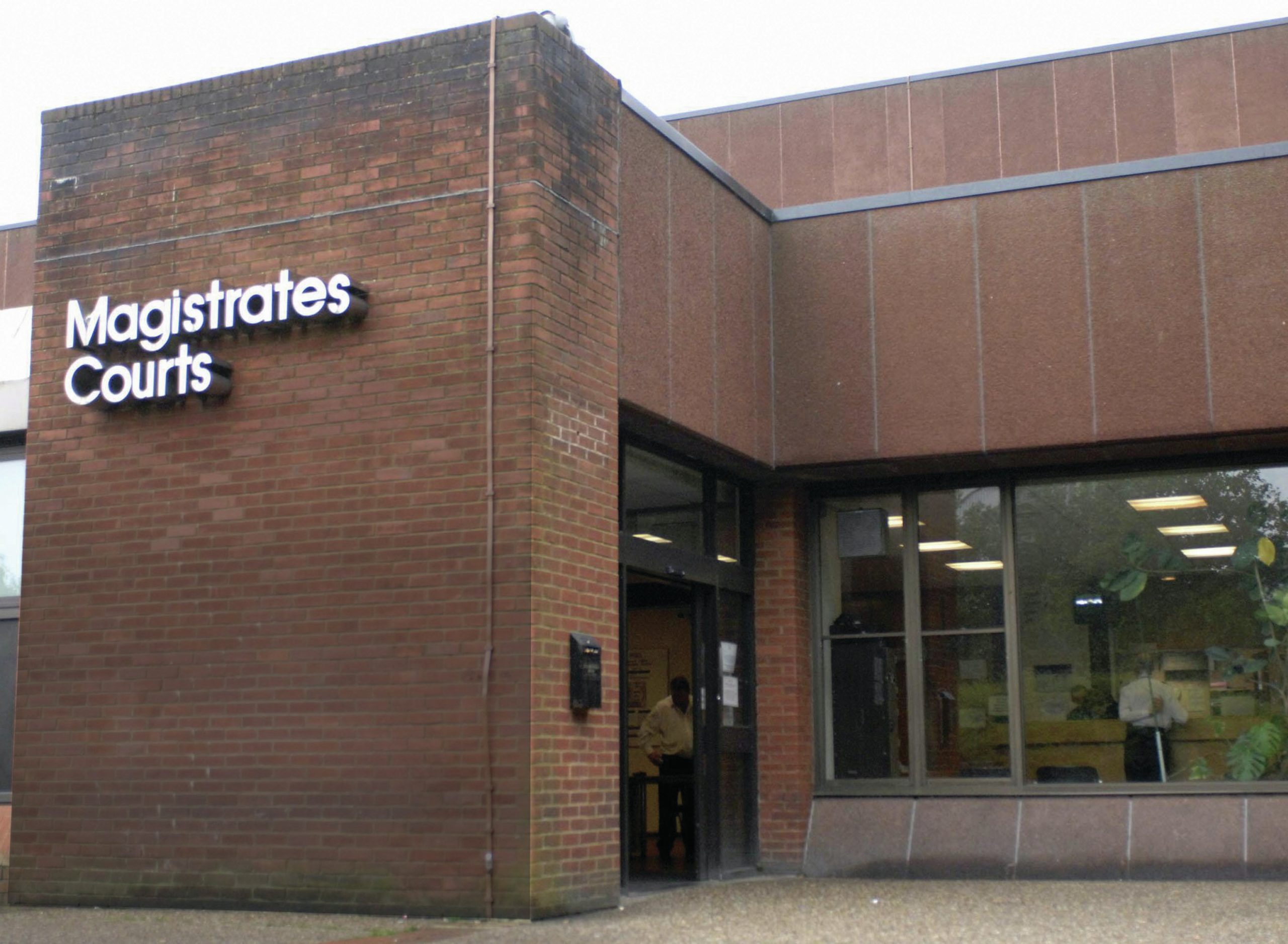
One of the things that you have learnt about Magistrates Courts is the role of justices’ clerks (also referred to as magistrates’ clerks, or legal advisers). Key to their role is that they are there to advise the (lay) magistrates on the law, and must not take part in the magistrates’ decision making. The recent case of Cooper v Wrexham Magistrates Court (2010) provides a good illustration of the rule in practice.
The defendant was tried for theft by Wrexham Magistrates Court. At the conclusion of the case the magistrates retired to their room to consider their verdict. Shortly after, they asked their clerk to join them. Once alone together the chairman advised the clerk that it was the magistrates’ intention to find the defendant not guilty, on the basis that there was no evidence that he had actually taken the items in question. Presumably because of his reaction to this news, the clerk was asked if he had concerns, whereupon he proceeded to remind the magistrates of several aspects of the evidence that pointed towards the defendant’s guilt. But he also advised the magistrates that matters of fact were their province, and their province only.
Your organisation does not have access to this article.
Sign up today to give your students the edge they need to achieve their best grades with subject expertise
Subscribe




